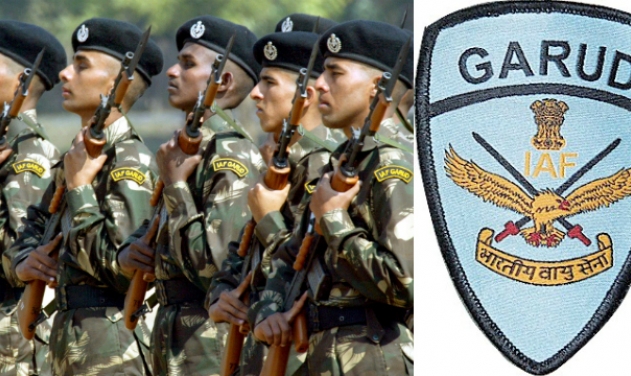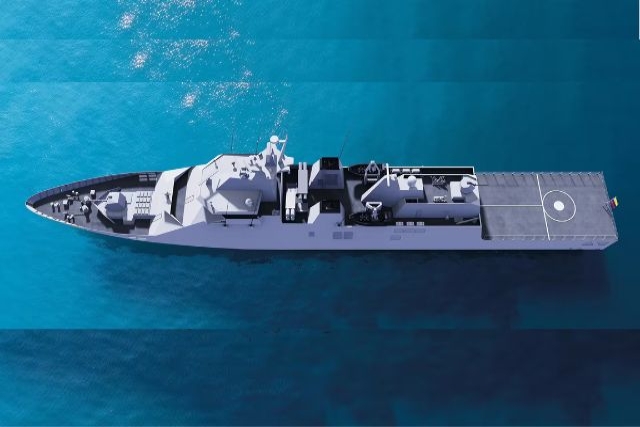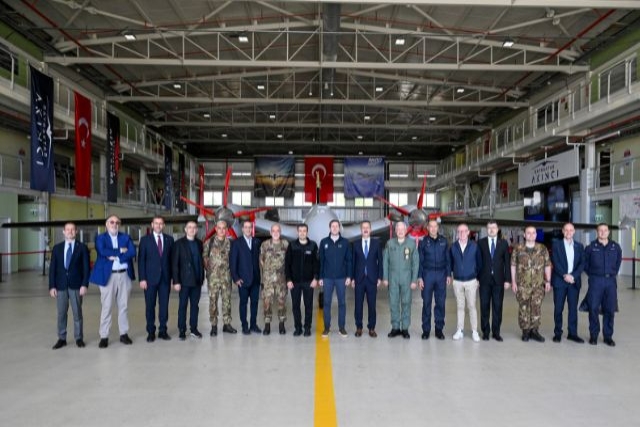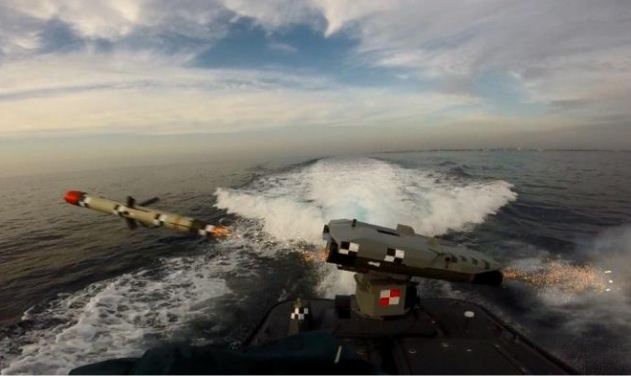India To Trial Bullet-Proof Jackets By February End

Indian army has set February-end for trials for around Rs 1,000-crore (US$148.7 million) “light-weight modular jackets’’ for its soldiers.
Following completion of pre-trials in November 2016, samples of the bullet-proof jackets of five private-sector companies, including Kanpur-based MKU Private, Tata Advanced Materials, SM Group, Star Wire and ARP, bidding for one of the largest orders in play will be going for trials, The Financial Express reported today.
After cancelling several requests for proposal since 2011, the army is sending the jackets for trials based on the parameters specified in the RfP issued in April 2016.
“The Defence Acquisition Council (DAC) had accorded acceptance of necessity (AoN) in October 2009 for procurement of 3,53,765 bullet-proof jackets , including quantity 1,86,138, to be procured in the 11th Army Plan.
The request for proposal (RFP) was issued to 36 vendors on March 3 2011, but had to be retracted on Dec 8, 2011 to address issues in respect of conduct of trials,” said Manohar Parrikar said in a statement in 2016.
As an “interim emergency acquisition” through the “revenue route” last March, the government had placed an order to purchase 50,000 new bullet-proof jackets from Tata Advanced Materials after a delay of more than 10 years. So far, 5,000 jackets have been delivered.
The modern light-weight jackets, based on the Indian Army’s new technical specifications, are meant to adequately protect the head, neck, chest, groin and sides of soldiers.
These are also expected to provide greater agility to soldiers during counter-insurgency operations in difficult, “unfriendly” terrain. The Kanpur based MKU, one of the contenders for the jackets, has recently been contracted to manufacture ballistic helmets-with 13 mm trauma protection pads — 1.58 lakh helmets in a deal worth R170 crore for Indian Army soldiers.
The company is expected to deliver the new helmets within three years. The new helmets are designed to bear the impact of 9 mm ammunition fired from a short range. This meets the global standard for protection among leading armed forces. They are also designed to be comfortable and many of them can be integrated with communications devices.













